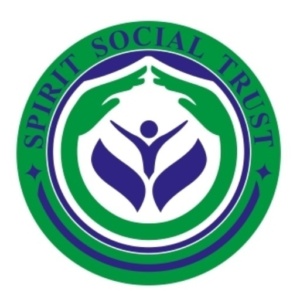
In the vibrant tapestry of India’s cultural landscape, widows often find themselves in the shadows, their struggles unseen and their voices unheard. The journey of a widow is fraught with challenges, both visible and invisible, that extend far beyond the loss of a spouse.
The Invisible Suffering
- Cultural Stigma: Widows in India are often subjected to social stigma, leading to isolation and exclusion from community events.
- Economic Hardship: The loss of a spouse can mean the loss of financial stability, leaving many widows struggling to make ends meet.
- Lack of Support: Bereavement brings a multitude of challenges, yet societal norms can prevent widows from receiving the support they need.
A Journey of Support
- Caring Wings: This initiative represents a sanctuary for widows, offering support, guidance, and a path to empowerment.
- Comprehensive Rehabilitation: The program focuses on all aspects of a widow’s life, from emotional healing to financial independence.
- Community Building: By fostering a sense of belonging, Caring Wings helps widows reconnect with society and rebuild their lives.
Rehabilitation and Reintegration
- Legal Aid: Many widows are unaware of their legal rights; Caring Wings provides the necessary knowledge and assistance.
- Vocational Training: Skills development is key to economic independence, and the program offers various training opportunities.
- Emotional Healing: Professional counseling services are available to help widows cope with grief and loss.
The Role of Trusts and NGOs
- Advocacy: Trusts and NGOs advocate for policy changes that support widows’ rights and welfare.
- Resource Allocation: These organizations allocate resources effectively to ensure that widows receive the help they need.
- Awareness Campaigns: By raising awareness, trusts and NGOs work to change societal perceptions of widowhood.
A Call to Action
- Volunteer: Giving your time can make a significant difference in the lives of widows.
- Donate: Financial contributions help sustain the programs that support widows’ rehabilitation.
- Educate: Informing others about the challenges widows face is crucial for societal change.
Conclusion
- A Collective Effort: The empowerment of widows requires the collective efforts of individuals, communities, and organizations.
- A Brighter Future: With each step taken by initiatives like Caring Wings, we move toward a future where widowhood is met with support, not stigma.
- A Renewed Hope: The journey of support for widows is not just about rehabilitation; it’s about restoring hope and dignity.

